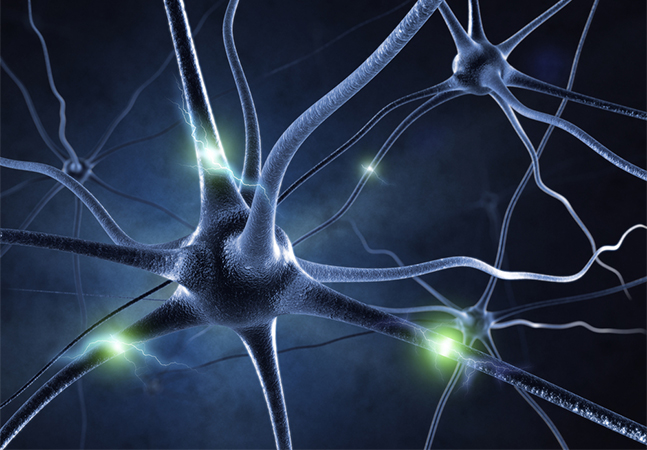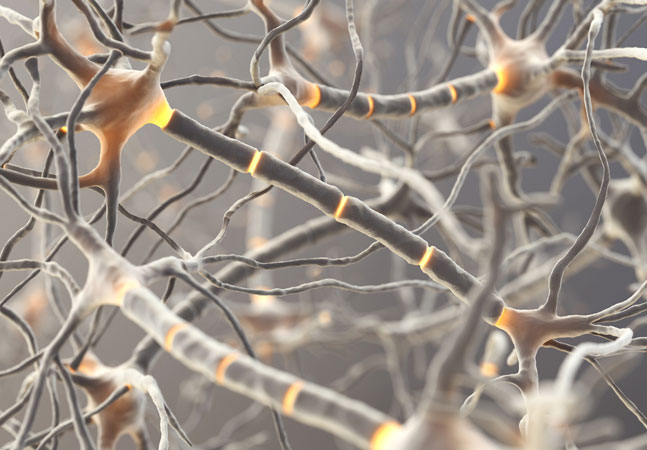
Dr. James McCaffrey of Microsoft Research tackles how to define a network in the second of a series of four articles that present a complete end-to-end production-quality example of binary classification using a PyTorch neural network, including a full Python code sample and data files.
- By James McCaffrey
- 10/14/2020

Dr. James McCaffrey of Microsoft Research kicks off a series of four articles that present a complete end-to-end production-quality example of binary classification using a PyTorch neural network, including a full Python code sample and data files.
- By James McCaffrey
- 10/05/2020

Dr. James McCaffrey of Microsoft Research provides a full code sample and screenshots to explain how to create and use PyTorch Dataset and DataLoader objects, used to serve up training or test data in order to train a PyTorch neural network.
- By James McCaffrey
- 09/10/2020

Dr. James McCaffrey of Microsoft Research explains how to programmatically split a file of data into a training file and a test file, for use in a machine learning neural network for scenarios like predicting voting behavior from a file containing data about people such as sex, age, income and so on.
- By James McCaffrey
- 09/01/2020

Dr. James McCaffrey of Microsoft Research uses a full code program and screenshots to explain how to programmatically encode categorical data for use with a machine learning prediction model such as a neural network classification or regression system.
- By James McCaffrey
- 08/12/2020

Dr. James McCaffrey of Microsoft Research uses a full code sample and screenshots to show how to programmatically normalize numeric data for use in a machine learning system such as a deep neural network classifier or clustering algorithm.
- By James McCaffrey
- 08/04/2020

After previously detailing how to examine data files and how to identify and deal with missing data, Dr. James McCaffrey of Microsoft Research now uses a full code sample and step-by-step directions to deal with outlier data
- By James McCaffrey
- 07/14/2020

Turning his attention to the extremely time-consuming task of machine learning data preparation, Dr. James McCaffrey of Microsoft Research explains how to examine data files and how to identify and deal with missing data.
- By James McCaffrey
- 07/06/2020

Dr. James McCaffrey of Microsoft Research presents the fundamental concepts of tensors necessary to establish a solid foundation for learning how to create PyTorch neural networks, based on his teaching many PyTorch training classes at work.
- By James McCaffrey
- 06/15/2020

Dr. James McCaffrey of Microsoft Research uses a complete demo program, samples and screenshots to explains how to install the Python language and the PyTorch library on Windows, and how to create and run a minimal, but complete, neural network classifier.
- By James McCaffrey
- 06/08/2020

Clustering non-numeric -- or categorial -- data is surprisingly difficult, but it's explained here by resident data scientist Dr. James McCaffrey of Microsoft Research, who provides all the code you need for a complete system using an algorithm based on a metric called category utility (CU), a measure how much information you gain by clustering.
- By James McCaffrey
- 06/03/2020

Dr. James McCaffrey of Microsoft Research explains the k-means++ technique for data clustering, the process of grouping data items so that similar items are in the same cluster, for human examination to see if any interesting patterns have emerged or for software systems such as anomaly detection.
- By James McCaffrey
- 05/06/2020

Dr. James McCaffrey of Microsoft Research uses code samples, a full C# program and screenshots to detail the ins and outs of kernal logistic regression, a machine learning technique that extends regular logistic regression -- used for binary classification -- to deal with data that is not linearly separable.
- By James McCaffrey
- 04/29/2020

VSM Senior Technical Editor Dr. James McCaffrey, of Microsoft Research, explains why inverting a matrix -- one of the more common tasks in data science and machine learning -- is difficult and presents code that you can use as-is, or as a starting point for custom matrix inversion scenarios.
- By James McCaffrey
- 04/07/2020

A radial basis function network (RBF network) is a software system that's similar to a single hidden layer neural network, explains Dr. James McCaffrey of Microsoft Research, who uses a full C# code sample and screenshots to show how to train an RBF network classifier.
- By James McCaffrey
- 03/24/2020